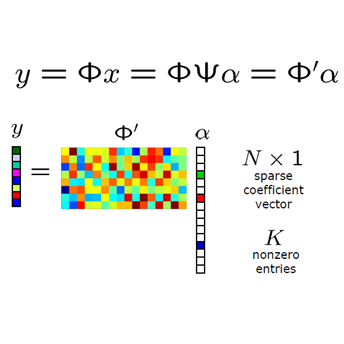One-bit compressed sensing (1bCS) is an extreme-quantized signal acquisition method that has been intermittently studied in the past decade. In 1bCS, linear samples of a high dimensional signal are quantized to only one bit per sample (sign of the measurement). The extreme quantization makes it an interesting case study of the more general single-index or generalized linear models. At the same time it can also be thought of as a `design' version of learning a binary linear classifier or halfspace-learning. Assuming the original signal vector to be sparse, existing results in 1bCS either aim to find the support of the vector, or approximate the signal within an $\epsilon$-ball. The focus of this paper is support recovery, which often also computationally facilitate approximate signal recovery. A \emph{universal} measurement matrix for 1bCS refers to one set of measurements that work \emph{for all} sparse signals. With universality, it is known that $\tilde{\Theta}(k^2)$ 1bCS measurements are necessary and sufficient for support recovery (where $k$ denotes the sparsity). In this work, we show that it is possible to universally recover the support with a small number of false positives with $\tilde{O}(k^{3/2})$ measurements. If the dynamic range of the signal vector is known, then with a different technique, this result can be improved to only $\tilde{O}(k)$ measurements. Other results on universal but approximate support recovery are also provided in this paper. All of our main recovery algorithms are simple and polynomial-time.
翻译:1BCS 中,一个高维信号的线性样本被量化为每个样本只有一位数(测量符号的标识)。 极端的定量化使得它成为比较普通的单指数或通用线性模型的有趣的案例研究。 同时,它也可以被视为学习二进制线性分解器或半空学习的“设计”版本。 假设最初的信号矢量是稀释的, 1BCS 中的现有结果要么旨在找到矢量的支持,要么在$\ epsilon$- ball 范围内接近信号。 本文的重点是支持恢复,这通常也有利于计算大约的信号恢复。 1BCSS的测量矩阵也是指一套测量方法,即学习一个双线性线性线性分解器或半空域学习。 由于普遍性, 只能知道 $\tilde_Theta} (k=2) 1bCS的测量结果是必需的, 也足以支持简单的矢量恢复( $xxxxlationalal) 。



